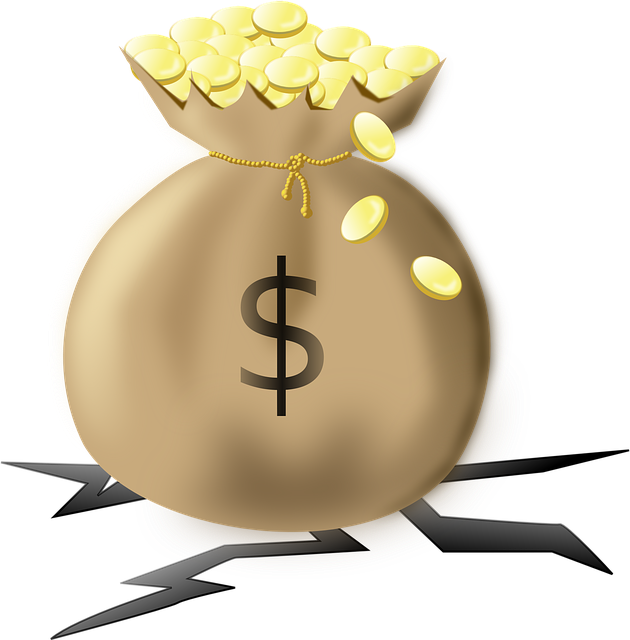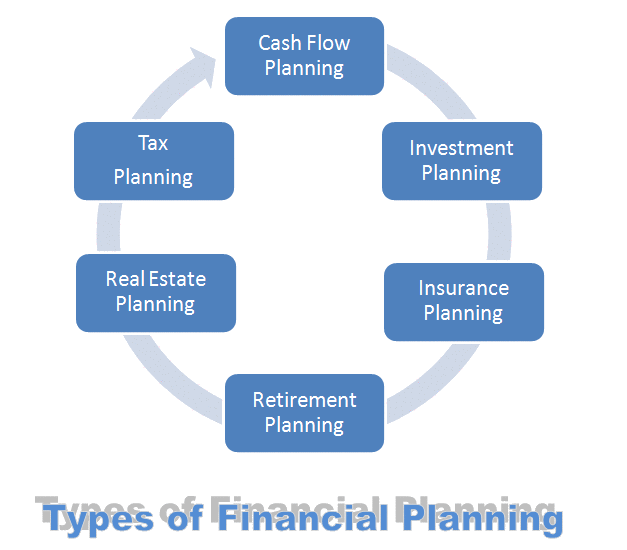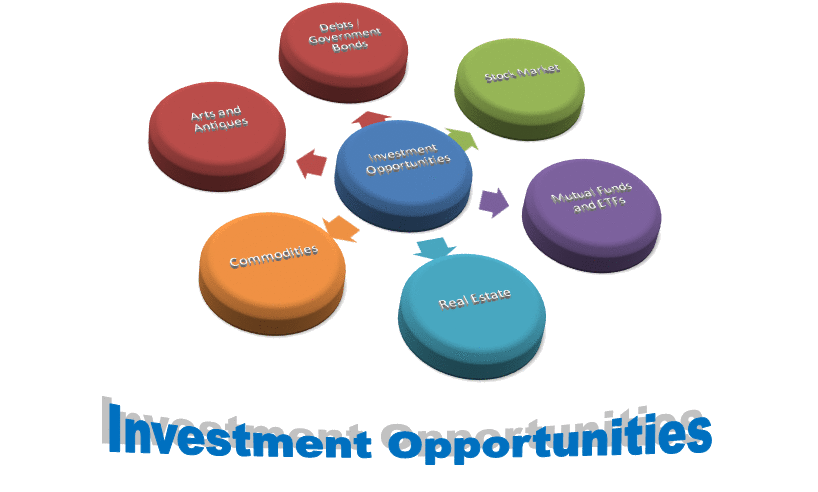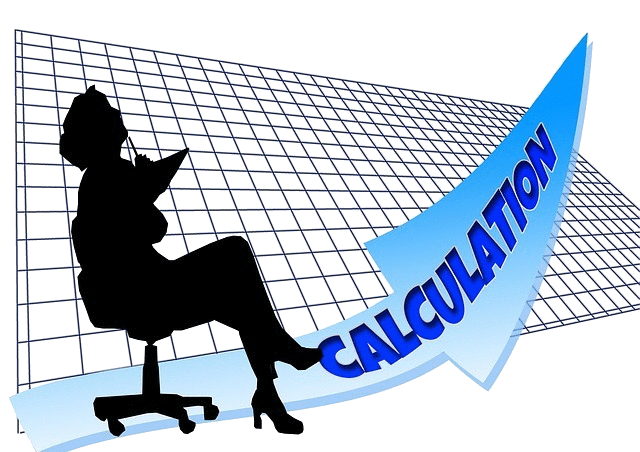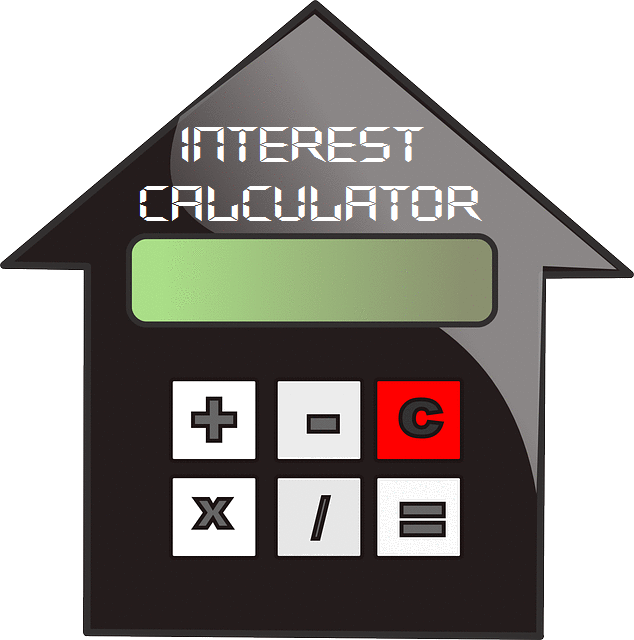As you pursue a significant investment like buying a home, one of the essential things you need to do is ensure your finances are in good shape. This is vital, especially since, aside from your monthly expected bills and expenses, you’ll also need to allot resources to pay for your new home’s mortgage.
With that in mind, it’s advisable not to rush the process and take the first mortgage deal you see; instead, take your time to compare deals and find one that’s aligned with your needs and financial situation. With the right mortgage, not only can you save money but also ensure your home-buying journey goes smoothly.
To help you get started, it’d be best to talk to a mortgage advisor. Furthermore, this article offers a quick guide to finding the right mortgage for your needs and budget.
How to Find the Right Mortgage for Your Needs and Budget?
Finding the right home is only half the battle unless you can pay for it entirely in cash. The best mortgage kind is chosen in the second half.
Finding a loan that suits your needs and budget is essential because you will be paying off your mortgage over an extended period of time. You legally commit to repay the loan over a certain length of time when you borrow money from a lender.
Evaluate Personal Financial Status
As mentioned, knowing your financial situation is essential, especially since buying a home is a significant investment. By understanding your financial status, you’ll be able to answer vital questions, such as:
- How much can you afford for a down payment?
- How much are you willing to spend on a mortgage?
- How will this payment affect your monthly financial budget?
In addition, your credit score also plays a role in whether you’ll get a mortgage at a good rate. If you have a high credit score, the interest rate may be lower, while a poor credit score can mean higher interest rates. With that in mind, ensure you have a good credit report and that there are no black marks present.
Explore Loan Options
As you look for the right mortgage, it’d be good to note that not all mortgage deals and offers are the same. For instance, the interest rates, loan terms, and guidelines may vary. Moreover, there are different types of mortgage loans you can consider. To name a few, this includes:
Conventional Loans
Simply put, this type of mortgage is not a part of government programs and is available through private lenders, such as mortgage companies and banks. However, since this type of loan is not backed by government entities, it usually has stricter credit requirements.
Depending on the company or institution you’re working with and the type of loan you’ll be getting, you may need to pay a down payment starting from 3% to 5%. Homeowners could also opt to pay a 20% down payment to avoid private mortgage insurance (PMI).
Federal Housing Administration (FHA) Loans
These are Federal Housing Administration or FHA-insured mortgages, which means they’re government-backed loans. This type of loan is best for low to mid-income earners who may not have qualified for conventional loans. The FHA loans also offer small down payments and are considered the best for individuals with lower credit scores.
U.S. Department of Agriculture (USDA) Loans
The USDA loan is another government-backed loan. Essentially, the U.S. Department of Agriculture offers this loan for individuals living in rural areas whose incomes are low to moderate. Compared to conventional loans, down payments in this arrangement are usually lower. However, to access it, you’ll need to achieve specific income requirements for your household.
Veterans Affairs (VA) Loans
The U.S Department of Veterans Affairs offers this loan to qualified veterans, military service members, and their spouses. This type of loan doesn’t usually require any down payment. However, you’ll be required to pay for the funding fee, which depends on your loan amount and military service category.
In addition to loan type, interest option is another significant factor you’ll need to keep in mind- with adjustable and fixed interest rates being the two main types available in the mortgage world. For some, opting for fixed interest rates is ideal as they’re generally low risk since there’s no surprise or sudden increase in what they’re required to pay. On the other hand, with adjustable interest rates, there’s uncertainty since the amount can change.
Alternatively, homeowners can consider a hybrid mortgage, wherein both features of adjustable and fixed rates are blended. In this setup, the loan will start and remain at a fixed rate for a specific period to be followed by an adjustable rate period.
Check Loan Costs
Before getting a specific mortgage, it’s always recommended to compare different lenders, and there’s no best way of doing so than asking them for fees and loan costs. Comparing loan estimates offered by different lenders can help you make a more informed decision since you can see and determine the best option that’s aligned with your financial situation. You can also use mortgage comparison calculator to quickly compare and find the right option for you.
Usually, loan estimates outline vital details about the loan, from monthly payments to interest rates and estimated closing fees. Some of the costs you can expect on the loan estimate include the following:
Origination Fee
This is an upfront fee paid to the lender or mortgage company to cover the administration costs to process your loan application.
Discount Points
A discount point is an option fee that one can pay in advance to help in reducing the interest rate over the loan’s life. The reduced interest rate will differ depending on your lender and the nature of your mortgage. Essentially, the primary goal of a discount point is to lower interest rates, and doing so is an excellent idea if you’re working on a tight budget.
Underwriting Fees
This fee is paid to the lender who approved your loan.
Aside from these loan costs, you may also need to prepare for other fees, such as Appraisal Fees, Credit Report Fee, Flood Determination and Monitoring Fee, and Tax Monitoring and tax status Research Fees, to name a few.
Be pre-approved
Before purchasing a home, consider applying for a pre-approval letter from a potential lender. This can be helpful since getting pre-approved for a mortgage can show sellers and realtors that they’re dealing with a serious buyer. Furthermore, it shows you’ve been evaluated and the amount of money you can borrow.
Generally, you’ll be required to provide your lender with your assets, debt, and income information to be pre-approved. Moreover, you will be asked to provide the following:
- Social security number
- Income tax return details
- Asset account statements (stocks, bonds, mutual funds, etc.)
- Employer and salary information
In addition, getting pre-approved can also help you know and understand the loan amount you can afford.
Takeaway
Looking for the best property to acquire is just half the battle, as you’ll also have to ensure your finances are ready for such a significant investment. Although finding a mortgage lender is relatively challenging, there are things you can do and keep in mind to find the right one that matches your financial situation.
As a good start, evaluate your financial status, explore your loan options, and check loan costs and other fees you need to prepare for. Moreover, consider consulting professionals, such as mortgage advisors.


